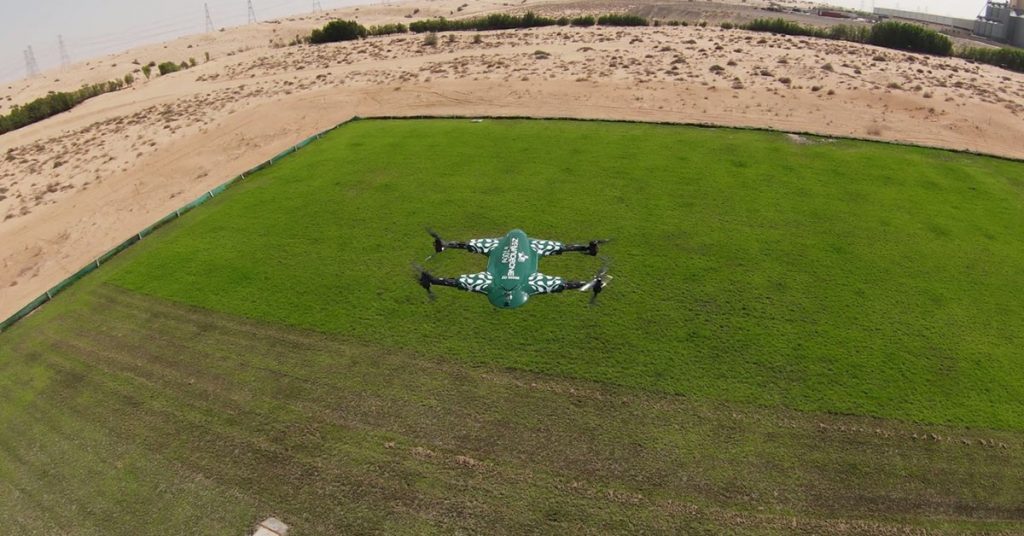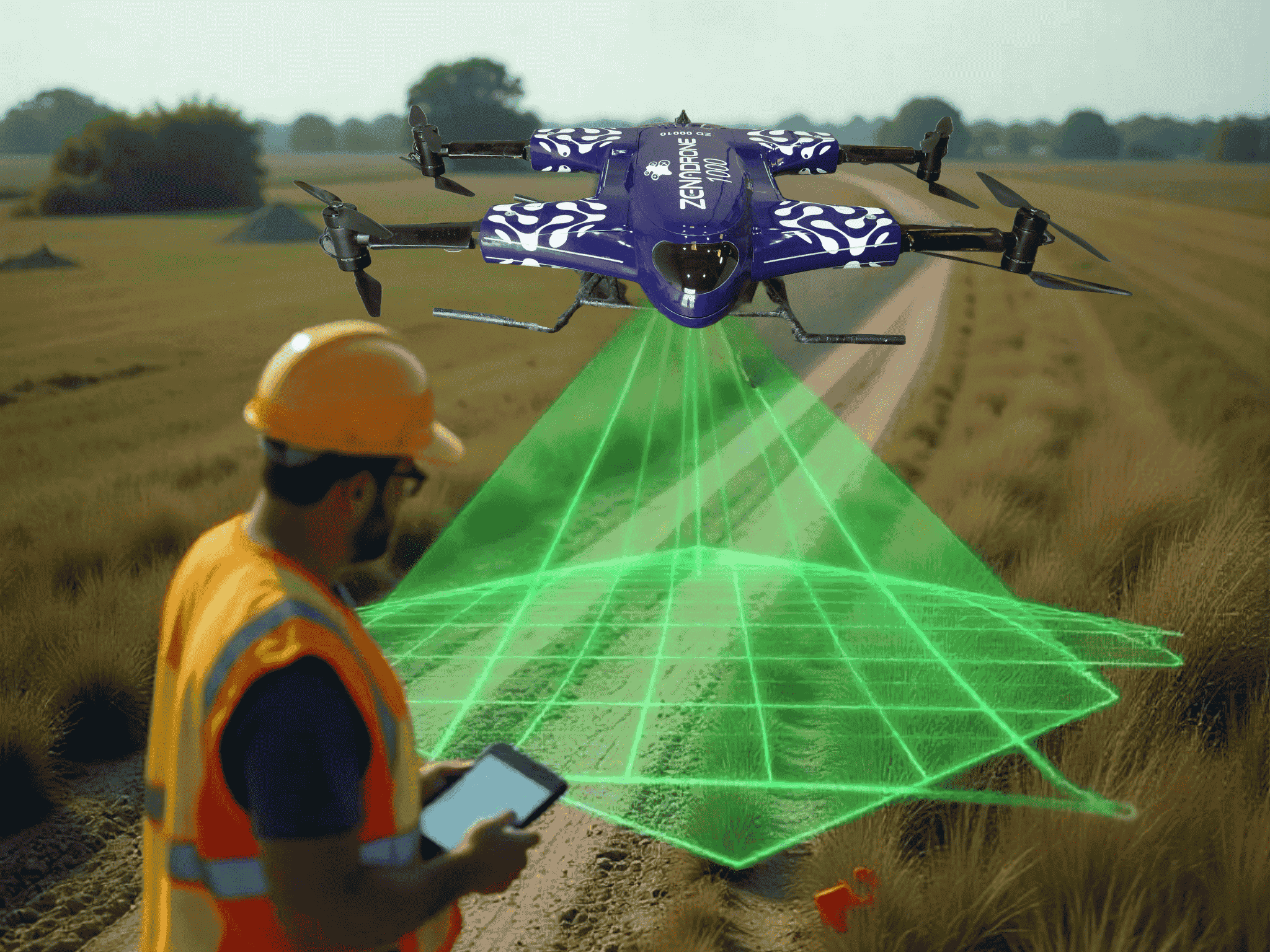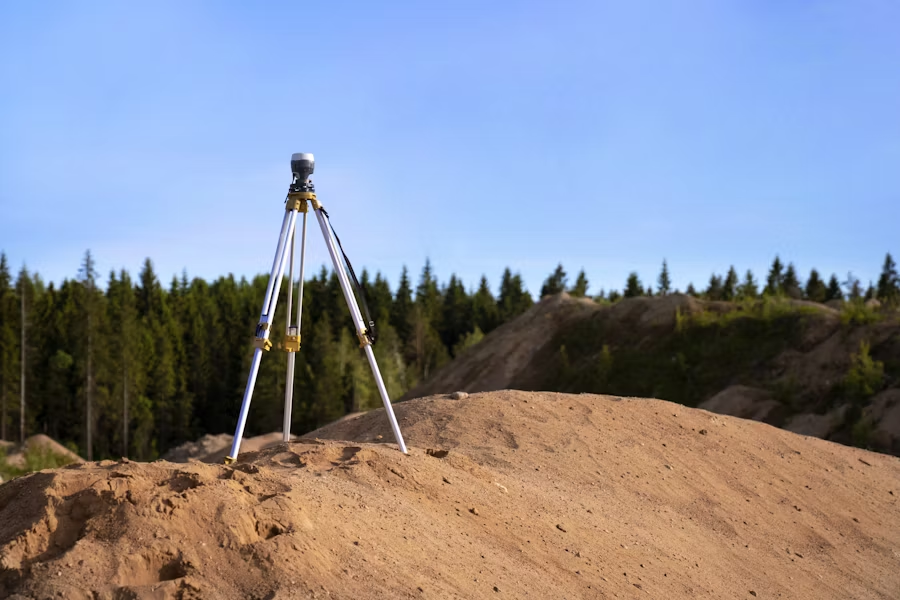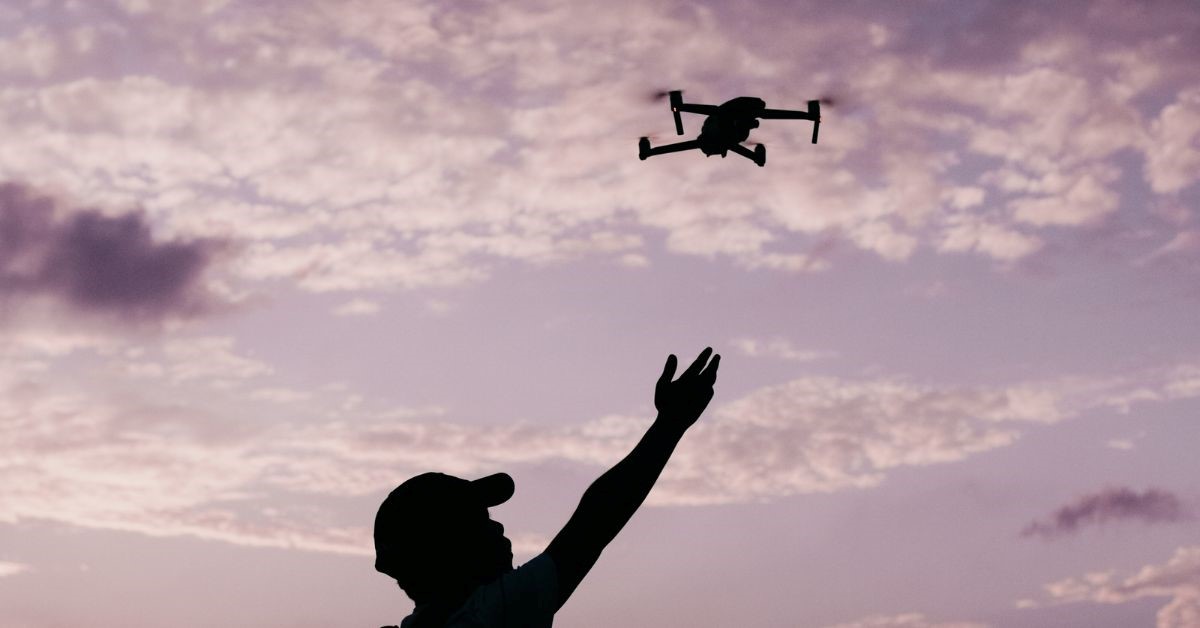How to Deploy Drones for Construction Management

Construction firms often face many challenges when completing projects for clients. These can range from scheduling and documentation to communication and budget management. Additionally, health and safety are huge concerns, given the inherent risk in the industry. One way to address these issues is to embrace technology. Whether firms invest in f their own or outsource to autonomous services, drones are significant assets.
Drones have recently become a standard land surveying, data gathering, and aerial photography tool. Today, drones fill more construction roles as technology improves, including safety inspection and terrain mapping.
How Drones Benefit Construction and Real Estate
As project sites become more complex, construction firms are always looking for more ways to streamline operations. Drones have become more indispensable, and for a good reason. Many construction drones for sale offer many benefits for firms who use them, such as:
Faster iterations during bidding
With the help of 3D mapping, drone surveys can simulate virtual designs in actual terrain conditions. This allows construction firms to create better pitches, engage better with clients, and secure project bids.
Improving asset and material management
A drone can help project managers check on construction projects, whether on-site or off-site. On top of monitoring progress, drones can also track assets since theft and vandalism can be huge issues.
Improving safety
Drones, whether they come as in-house or autonomous services, can perform inspections in areas without putting workers at risk. When paired with safety technology, workers can tag potential hazards and inform safety officers immediately.
How to Deploy Drones for Construction Management
Autonomous services in the form of drones improve many aspects of construction. These include site surveys, visibility, safety and inspection, and progress reporting for clients and stakeholders.
They can be used throughout every stage of any building project, including:
Bidding
Drones can be equipped with high-definition cameras and multispectral sensors to perform surveys and preliminary terrain mapping. With the help of survey software, they can create maps and determine the feasibility of various projects. As a result, project managers and architects can better communicate to identify risk areas and visualize the final project.
Design
Drones tend to be exceptional in providing one thing in on-site jobs or industries that require it: data. With the data provided by drones through terrain mapping and site surveying, architects and engineers can create better designs. The site information can inform them about what works best for the project while balancing the client’s specifications.
Construction
Regarding drones in construction, in-house and autonomous services have the most utility during construction. Their overall versatility and utility allow them to do the following:
- Improve visibility: Communicating progress throughout different stages of construction ensures clients that the project is on schedule
- Track assets and reduce theft: Heavy equipment and materials are expensive and can cut into the overall project costs.
- Increase worksite safety: Identifying potential flaws and hazards is key to a successful project with minimal downtime and work-related injuries.
- Document progress: Drones can also create video documentation for reference in case any problems arise throughout the construction phase
- Turnover and maintenance: Providing drone footage of the finished building project to the customer is good since it adds promotional value. Additionally, drone footage serves practical use as visual data during maintenance.
Choosing the Right Drone for Your Construction Services
Selecting the suitable model among the many construction drones for sale can drastically speed up regular operations. The right additional features can make a UAV a better multipurpose tool worth its investment.
Here are a few factors worth considering when choosing a suitable drone for your firm:
3D mapping and multispectral imaging
While drones can come with built-in features like cameras and sensors, they can be outfitted with custom equipment. GPS and thermal sensors are great examples since they allow for geo-tagging and thermal imaging, respectively.
Range and maneuverability
Maneuverability allows drone pilots to operate in small spaces, while range refers to the distance that drones can cover. The former is excellent for otherwise inaccessible areas, while the latter can scan larger sizes more efficiently.
Battery life
Extended battery life is good for longer operational hours, especially for multi-story projects like skyscrapers. Construction drones for sale with longer flight hours also tend to have a higher upfront cost, making balancing necessary.
The Bottom Line
Sectors like real estate and utility now see more UAVs used in their regular operations. The current drone market’s growth means drones are here to stay, with current and future drone projects set to improve industries. With commercial drones becoming more affordable and widespread, however, firms need to choose the right one. A drone with the right features can make a difference in streamlining operations.
Contact Us
Thank you for your message. It has been sent.
Latest Posts
Social Profiles















